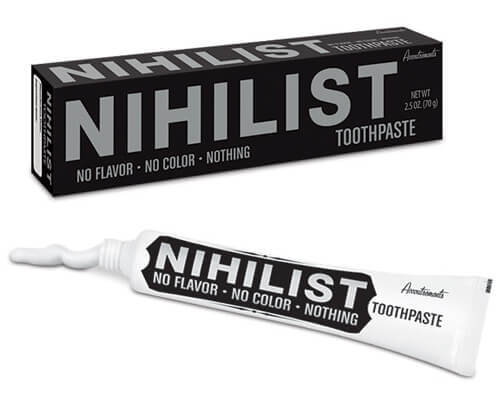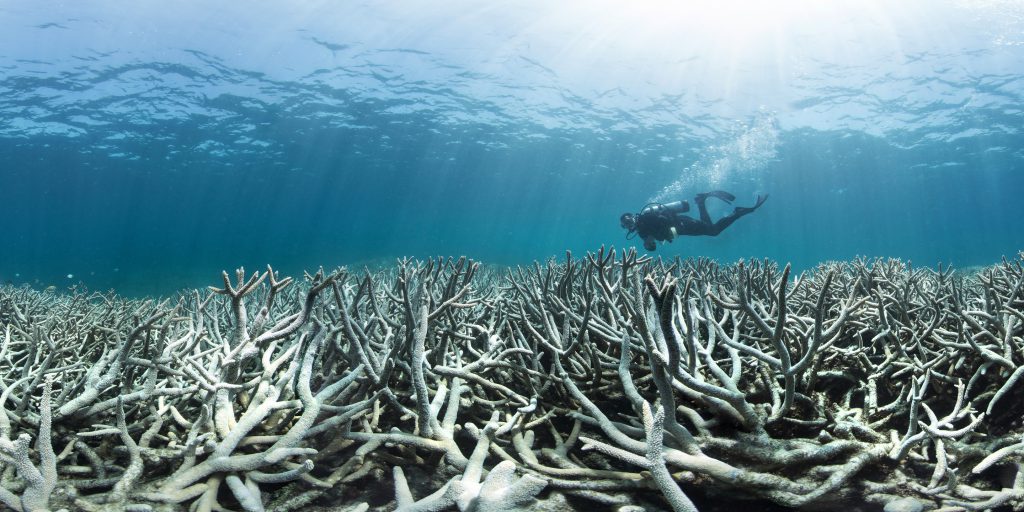
The existential lemmings on whose wings we rest tumble coughing now out of the otherwise silent mines. That immovable force – we can never produce enough energy otherwise – having been eclipsed, the spewing and disappearances of species continue. The rout of rainforest canopy and wetlands picks up speed. The kids have noticed. The storms have worsened and the strategies to counter rising waters seem more absurd. The right-wing politicians have dusted off the petro-industry playbooks and memorized every formation; the left-side politicians are demanding still too much of confused citizens – move, exercise, drive less, pay more. Still, the little birds fly into the caves and we ride their feathers into the harden, cracked walls. They look out not for us, so who will?
Third parties to save us — insurance companies, geo-engineering, aliens — all of the same dubious provenance. We strengthen ourselves into a learned weakness, a precarious primordial of recent vintage. That con we have worked on ourselves has worked, and to call it out is to ask for more butter on the popcorn after the movie has begun. We are up the tree. The suspensions are disbelieved. Are we just watching and waiting? Does a watched tide rise?
The con – an abuse of confidence. To persuade by deception, cajolery. Flimflam, to use a technical term. We have successfully used it on ourselves, against ourselves, celebrated the winnings and scorned the sad losers who were taken. Who continue to be played. Who continue to be us.
There’s an element of art, of savvy, of dereliction, of due course, of just desserts, of merit! These all leave out something essential: the self-foist of the entire scam. Simultaneously reaping the rewards and the whirlwind will test our major faculties and they drown our lesser ones, not to mention facilities of all kinds along the coasts. Houston, (and not only) you have a problem. This is not, strictly speaking, the kind of conflicting ideas we intended to grapple with, and proof that even our depraved intentions can be misaimed and still solidly struck.
So here, now. New generations of impatient voting age beings, empowered unto political consciousness in less-than-snowy winter scenes; small generations of very rich old-timers, still mostly in charge of the levers and very reluctant to cede any power, electrical or otherwise; large-generations of status-Aquarians, just first-world enough to ignore the consequences, afford the luxuries sponsored by scaremongering and similar fictions about themselves and a way of life that is itself choking and smoking as it runs on fumes. The power of disbelief striking both ways against hearts closed and minds distracted, the practiced fear infects everything with the same virus of futility.
But there has never been such an as if. Surrounded by impossibility, we insist on the one option we don’t have– to do nothing. Afraid of words – we say little. Worried over violence, we arm everyone. Silence and furrowed brows however have very little effect on temperature, air quality or the lack of bees. The Zombie Lie as an actual tall tale about the living dead has been particularly devious. Almost like the promise behind ‘streets of gold,’ only more guttural in its vicarious appeal. A simple, harmless fiction, availed of increasingly bad writing and unnecessary plot devices, taking the place of minimal engagement with a far more-frightening reality. An obvious choice, maybe. Blunt, obtuse, with so many abstracted until-they-aren’t dimensions, there are a million ways to continue to ignore, to contest even on the basis of spite, and even when that spite is self-directed.
Susceptible to self-loathing, that’s where it happens. Start again. Unpack, separate and not the recycling. Investigate the fraud if you think it’s real, but be honest about what you find. Never was a corner that was not a part of a much larger room. If that’s where you, turn around.










 Because you have no idea how to cover
Because you have no idea how to cover